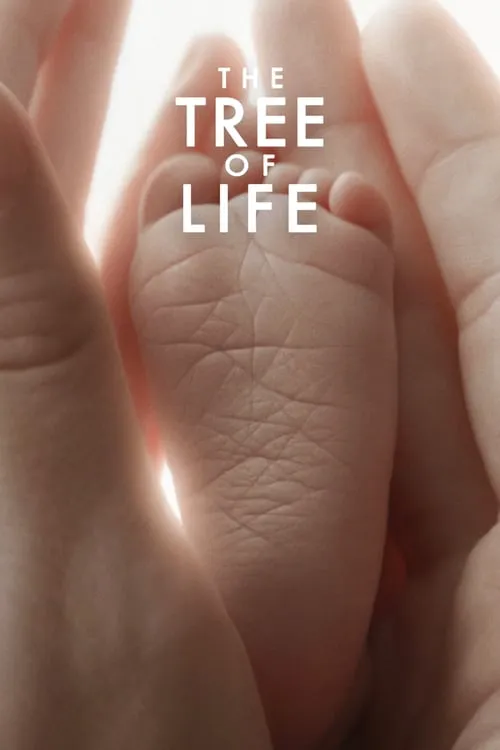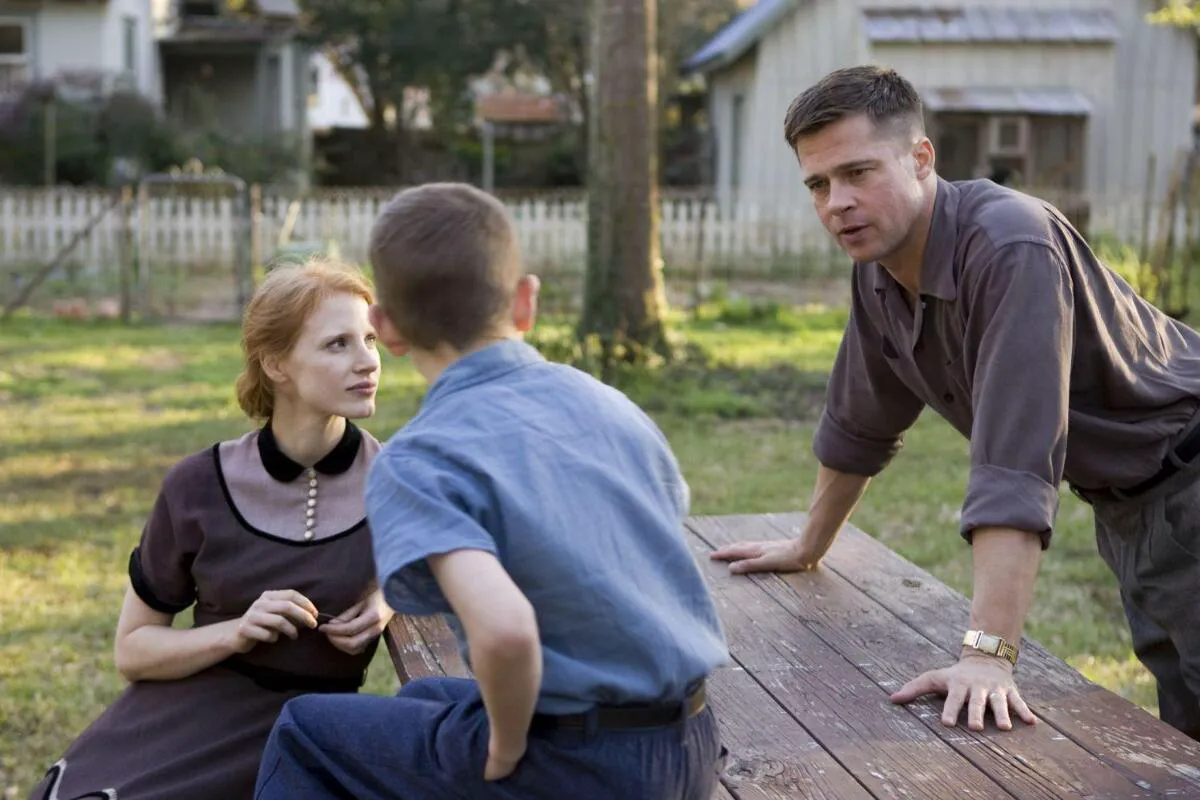The Tree of Life

Plot
In the scorching Texas landscape of the 1950s, Terrence Malick's The Tree of Life serves as a poignant, visually stunning, and deeply personal film about the complexities of family relationships, the search for meaning in life, and the struggle to reconcile one's own identity with the expectations of others. At its core, the movie follows the life journey of Jack, the eldest son of a loving but flawed family, as he navigates the innocence of childhood, the disillusionment of adolescence, and the search for spiritual enlightenment in the modern world. The film begins with a stunning sequence of images depicting the emergence of life on Earth, followed by the creation of the universe, and culminating in the dawn of humanity. These breathtaking scenes set the tone for the rest of the film, hinting at the profound and unspoken mysteries of existence that Jack will grapple with throughout his life. The next sequence shows Jack's idyllic childhood in a picturesque Texas suburb, surrounded by his loving parents, Mrs. O'Brien (Jessica Chastain) and Mr. O'Brien (Brad Pitt), and his younger siblings. The family's warm and supportive atmosphere is palpable, yet beneath the surface, tensions and unresolved conflicts simmer, waiting to erupt. As Jack grows older, his relationship with his father becomes increasingly complicated. Mr. O'Brien's imposing figure and high expectations create a sense of pressure and competition, while Jack struggles to assert his individuality and find his place within the family. Jack's mother, on the other hand, is depicted as a nurturing and loving presence, often serving as a mediator between her children and husband. Her death in a tragic accident shakes the family to its core, leaving Jack and his siblings to face the harsh realities of life without their guiding light. As Jack enters adulthood, he finds himself adrift in a world that seems hostile and unforgiving. He becomes disillusioned with his father's rigid values and the societal expectations that dictate his choices. His search for meaning and purpose leads him to question the existence of faith, wondering if his father's Christianity holds the answers he seeks. Jack's introspection and self-doubt are palpable, making him feel like a lost soul, uncertain of his place in the world. Throughout the film, Jack's memories and emotions are interwoven with those of his younger self, creating a powerful and poetic exploration of the human experience. Malick's use of non-linear storytelling allows the audience to witness the unfolding of Jack's life from multiple perspectives, blurring the lines between past and present. This technique underscores the idea that our memories and experiences shape who we become, yet our identities are forever in flux. The film's stunning cinematography, courtesy of Emmanuel Lubezki, captures the beauty and brutality of the Texas landscape, transporting the viewer to a world that is both familiar and foreign. The film's score, composed by Maxwell Davies and Rachel Portman, adds emotional depth and complexity, underscoring the film's poetic and philosophical themes. Malick's use of natural light and location shooting creates an immersive experience, drawing the viewer into the world of the O'Brien family. This intimate and immersive approach highlights the beauty and fragility of human relationships, making The Tree of Life a poignant and moving exploration of the human condition. Ultimately, The Tree of Life is a deeply personal and introspective film that challenges its viewers to confront the complexities of their own lives. By exploring the intricacies of family relationships, the search for meaning, and the struggle to reconcile identity with expectation, Malick creates a cinematic work that is both visually stunning and profoundly moving.
Reviews
Recommendations





